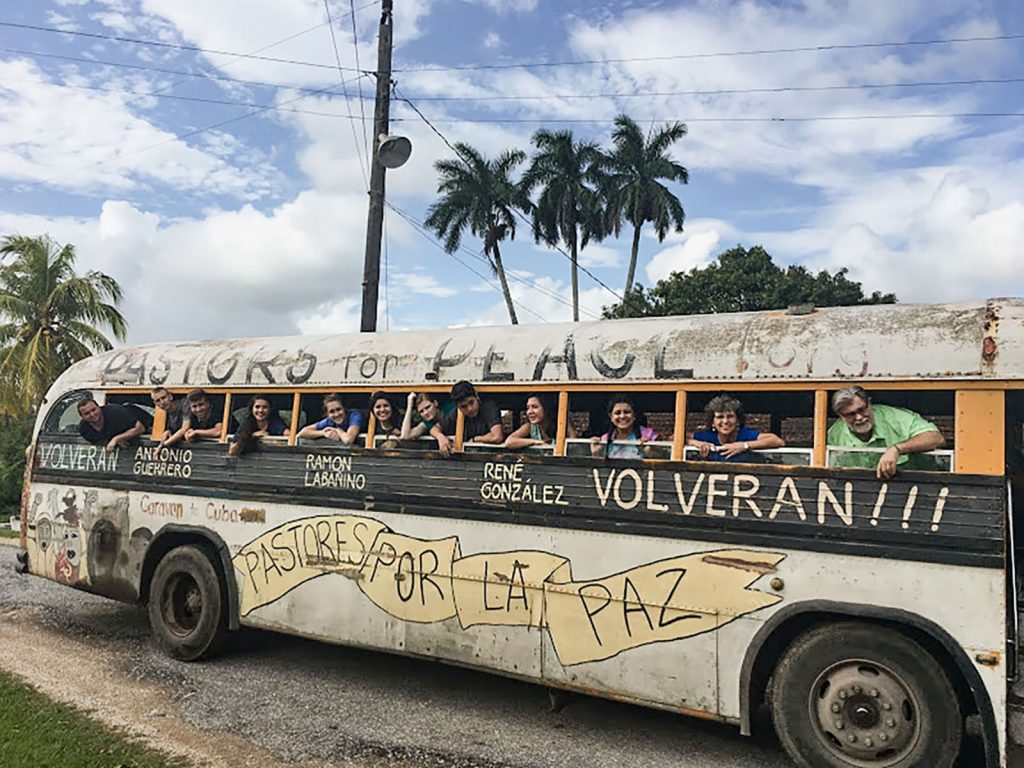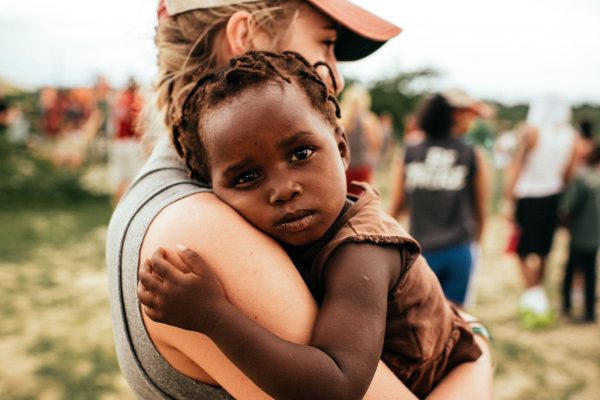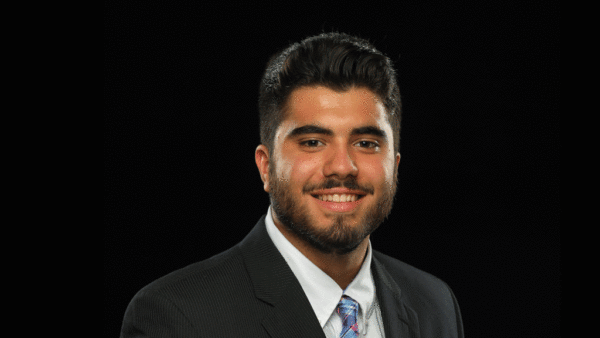From June 1 through June 8, 2015, I traveled to Cuba along with four other friends, two of whom are mission agency executives. While this was their first trip to the island nation, it was my seventh. My wife was born in Cuba, and that has allowed me access over the years in spite of the U.S. economic embargo against Havana.
This was my first trip in over a decade, and I was surprised to see the effect of the moderate economic openness that has recently been afforded to the citizenry. Whereas before everything was scarce and distributed by the government, there is now a burgeoning open market which has brought about eateries and small stores selling the necessities of life.
The goal of this trip, however, was not to evaluate the national economy or the freedoms of the populace. It was to ascertain the situation of Christianity in the country at this point in history and—more specifically—to assess the future role that North American missionaries might play in a more open Cuba.
We took advantage of the recently relaxed regulation of the U.S. embargo to travel under the invitation of a local church in the Eastern part of the country. While no one knows what the final disposition of Congress will be toward the decades-old division between the United States and Cuba, there seems to be growing willingness to restore relations and seek a new approach to fostering change in Havana. Assuming that change does come, we can anticipate a rush among American missionary organizations to establish a presence in Cuba.
Is the Gospel being preached in Cuba?
The assumption of the average believer in the U.S. is that because American missionaries are not present in Cuba there is likely little Gospel activity there. Nothing could be further from the truth. Our visit revealed that the church of Jesus Christ in Cuba is strong, zealous, obedient and growing rapidly.
Again and again as we traveled the length of the island, we came into contact with pastors whose churches were full of young, enthusiastic believers. In almost every case the existing churches had also started numerous daughter churches. Because the Castro regime prohibits the formal establishment of any new churches, these daughter churches are labeled house churches or mission outreaches of the recognized churches. Most, however, have their own pastors and are functioning as subsidiaries of their parent congregations in name only.
We interviewed many pastors who were leading their growing congregations while receiving no income except a few pesos a month from church offerings. Most of these men are bi-vocational, and the majority of the rural pastors are also farmers. But whether meeting in a room in a house, a makeshift shelter or under a tree, all of these congregations are growing.
What denominations are in Cuba?
Cuba’s current spectrum of evangelical churches reflects its missionary history, which dates back to the late 19th century. Many of the denominational groupings found in America are also found in Cuba, including Presbyterians, Lutherans and Methodists. The largest evangelical groups by far, however, are the Baptists, the Bible churches and the Pentecostals.
In recent history, the Pentecostal churches seem to have been largely influenced by believers visiting from other Latin American countries, and they reflect the typical patterns of excess (such as the health and wealth focus) found elsewhere.
In the early years of missionary endeavor, the Southern Baptist Convention made headway in the Western end of the island while the American (Northern) Baptist Convention gained ground in the East. From the time of the Revolution in 1959, the Eastern Baptist Convention of Cuba (American Baptist influence), headquartered in Santiago de Cuba, has had limited connection with American church life. The Western Baptist Convention of Cuba (Southern Baptist influence), headquartered in Havana, has continued to have filial connections with the SBC.
Both Cuban conventions function similarly to the SBC in the U.S., with autonomous local churches associating themselves and cooperating with the programs of the convention. The concept of independent, or non-affiliated, churches is foreign to Cuba (and most of the world) since it has not shared the same ecclesiastical/political history as America.
As has been mentioned, there is also a strong Bible Church denomination called Los Pinos Nuevos (The New Pines) located primarily in the central region of the country (Matanzas, Cienfuegos and Camagüey Provinces).
Each of these denominations has its own educational institution or seminary (in Latin America what we would call a Bible college is often referred to as a seminary). Our group visited the seminary of the Eastern Baptist Convention of Cuba in Santiago and met with its director as well as with the president of the convention. This school has a spacious, well-maintained campus with residence halls, a functional library and adequate classrooms to serve nearly 200 students. The economic situation in Cuba, however, currently promotes an enrollment of around 40.
The Eastern Baptist Convention claims around 630 churches, with another 4,000+ mission outreaches or house churches. The situation for the Western Baptist Convention in Havana is quite similar with some 500 churches (100 in Havana alone) and 5,000+ mission outreaches or house churches. Though the New Pines Bible Church denomination is not as large, it is also thriving and growing.
Surprisingly, the predominant competing religion in Cuba is not Roman Catholicism. Catholic churches are largely empty, being frequented mostly by the elderly.
Most converts to Christ come from a background steeped in Santería, the Afro-Cuban religion of spirit worship. Santería is essentially animism with a veneer of Catholicism and involves animal sacrifices and spirit possession. Nearly every Cuban is affected in some way by Santería, and in practical terms it is the largest religion in the country. Yet the power of Christ is breaking the hold of Satan over multitudes of Cubans who are finding their freedom in the Gospel.
Why is the Cuban church growing?
Christianity in the island today reveals a stark growth pattern since my previous visits to Cuba. Over and over we were told that when the country passed through its “special economic period” or economic collapse following the withdrawal of Soviet funds in the early 1990s, God began to revive the hearts of believers, and they began to boldly proclaim the Gospel.
The past 10 years in particular have represented a phenomenal growth pattern with countless thousands of people who have come to Christ. (This is taking place in a nation with a resident population of around 9 million people.) Since Fidel Castro stepped aside and conceded authority to his brother Raúl in 2008, the country has enjoyed a relaxing of some of the harshest restrictions against Christianity, and the believers have taken advantage of this opportunity to share Christ and see His church grow.
What can American Christians do for the church in Cuba?
Everywhere our group went, we asked the question, “What can the church in America do for the church in Cuba?” The most consistent answer was simply this: “Be our friend.”
The leaders of the church in Cuba are humble, sacrificial, dedicated men who frankly do not need us to come and tell them how to serve Christ in their own land. They do need money, given the fact that most of the churches are in a desperate state of disrepair and most of their pastors are underpaid or unpaid. But economic needs will largely be met by the Cubans themselves if the economic embargo is lifted and the country experiences a return to a true free market system.
There is also need for training, although the church leaders we met do not want us to come and do their training for them. Their system—providing Bible school training for their primary leaders and church-based, Bible institute level training for their outreach pastors—is functioning well overall. Still, they recognize that there is opportunity for higher level academic training and more effective theological education. Future American missionaries to the island should carefully consider how they can assist existing educational endeavors for ministry training before thinking of starting competing programs.
The Cuban church also needs help with discipleship. The church is growing so fast that discipleship is not always occurring well. That said, we were impressed with the level of commitment to making disciples on all levels that was evident in every ministry we encountered.
What is probably least needed in Cuba right now is foreigners planting churches. The pattern of growth is so strong right now in Cuba that the best thing we could do from the outside is fan the flames by helping them do what they are already doing.
The bottom line in Cuba is that there is a very strong church movement that is functioning well with very little help from America. Could it function better with more help? Yes, but only if our help comes in the form of humble service to our brothers and sisters who have bravely paid the price to serve Jesus in the midst of hardship and persecution.
One of the biggest problems we encountered in Cuba was men trained for the ministry immigrating to America for an easier life. Those heroic servants of Jesus Christ who have remained behind to make disciples in extremely difficult conditions deserve our admiration and our willingness to submit to them as they pursue their vision of making disciples for Jesus in their homeland.
After our group spent several days with one pastor named Daniél—who has zeal, vision and determination in biblical proportions—he asked us to evaluate his work. I told him, “Daniél, all true ministry consists of loving Jesus with all your heart and seeking to serve Him with all your strength, and you are doing that. Jesus told us to make disciples, and He promised that He would build His church. You are making disciples, and He is building His church. My evaluation is that you should keep doing what you are doing.” I added, “I wish more churches in America were like yours. We should come here to learn from you.” May the Lord give us opportunities in the future to stand shoulder to shoulder with men like Daniél in Cuba for the sake of the Gospel and the glory of Christ.
Update — Fall 2017
Since the first writing of this article, Fidel Castro has died and relations between Cuba and the U.S. are once again in question. Meanwhile, the economic circumstances in Cuba have continued to improve somewhat.
Also, I have returned to Cuba three times. On two occasions I was part of a two-man team to teach house church leaders basic hermeneutical and homiletical skills. I believe that, working in conjunction with the existing church structure, this is an excellent avenue to make valuable contributions to Christ’s work in Cuba. I have also taken a team of college students from Bob Jones University to Cuba. We ministered in many churches and made lasting friendships. We were even allowed to go house to house speaking with people about the Gospel.
Learn more about BJU’s Cross-Cultural Service program.








